Table of Contents
- Department of Education is investigating Harvard after Palestinian and ...
- Harvard University | HDWalle
- Harvard retains President Claudine Gay despite her controversial ...
- Harvard University Online Degree Program Partnership | 2U
- Harvard University and Ivy League - How Do You Actually Get Into Harvard
- Is Harvard University free for international students? – The Continents ...
- Harvard's Outgoing President to Remain as Professor - American Faith
- Harvard University | HDWalle
- Social Trends : Harvard
- The President of Harvard Is Named 'Faust' | HuffPost
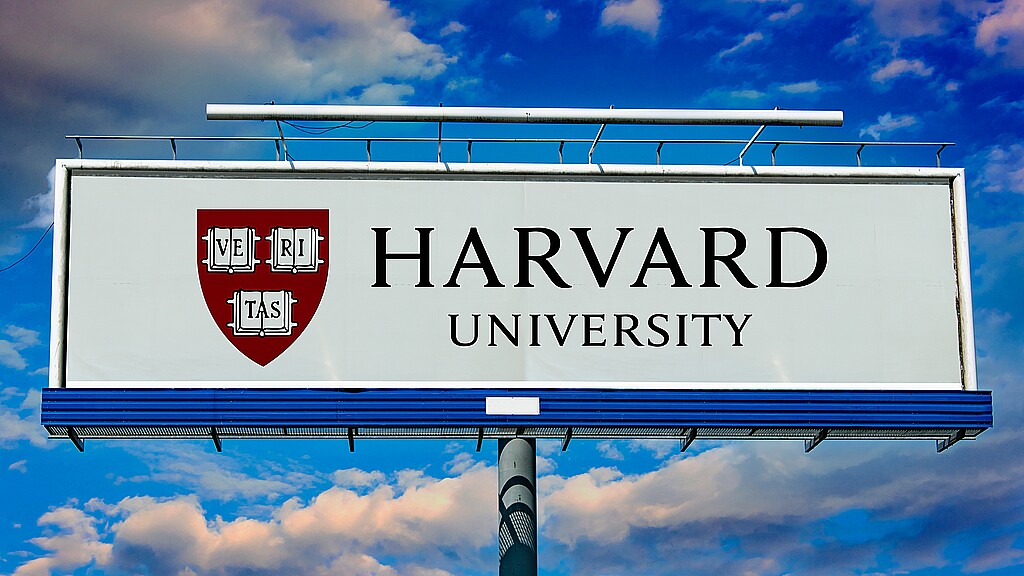
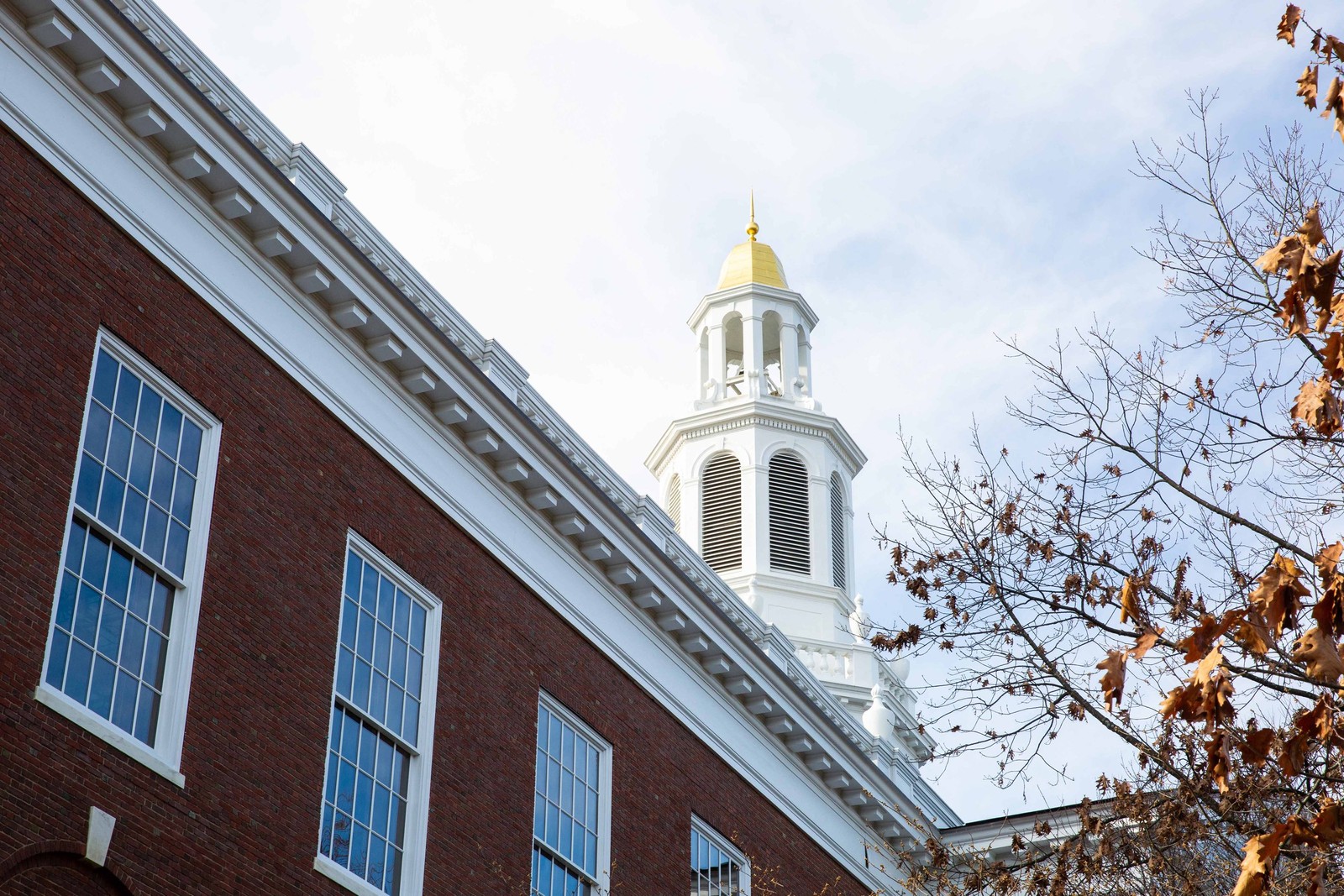
The CARES Act, signed into law by President Trump in March, provided $2.2 trillion in economic relief to individuals and businesses affected by the COVID-19 pandemic. As part of the package, the U.S. Department of Education allocated $14 billion to institutions of higher education, with $6.2 billion of that amount going directly to colleges and universities to support students. However, after it was revealed that several wealthy universities, including Harvard, had received millions in relief funds, the Department of Education asked these institutions to return the money, citing that it was intended for schools that were truly in need.

Harvard University, with an endowment of over $40 billion, was one of the institutions that received relief funds. Despite the Department of Education's request, Harvard refused to return the $8.6 million, stating that it would use the funds to support its students and faculty. This decision was met with criticism from lawmakers and the public, who felt that the university did not need the funds and that they could be better utilized by smaller institutions that were struggling to stay afloat.
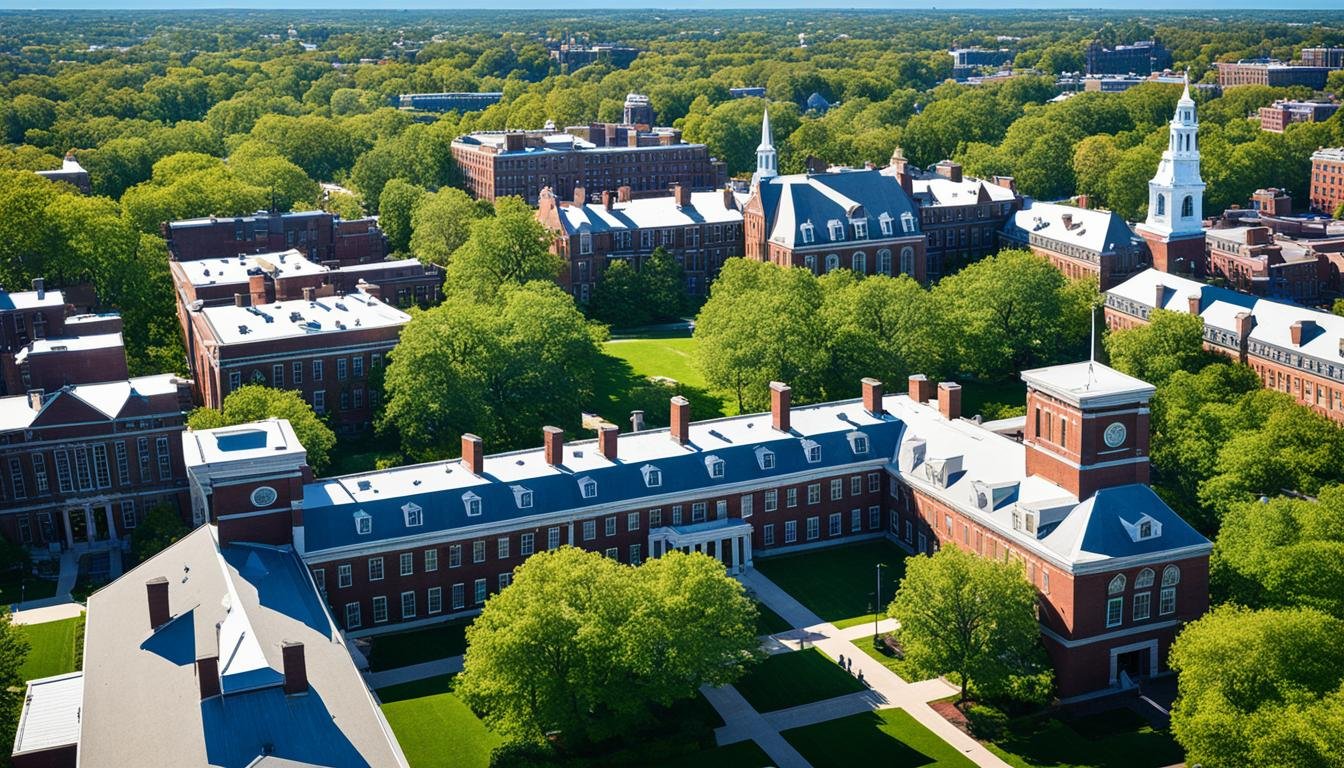
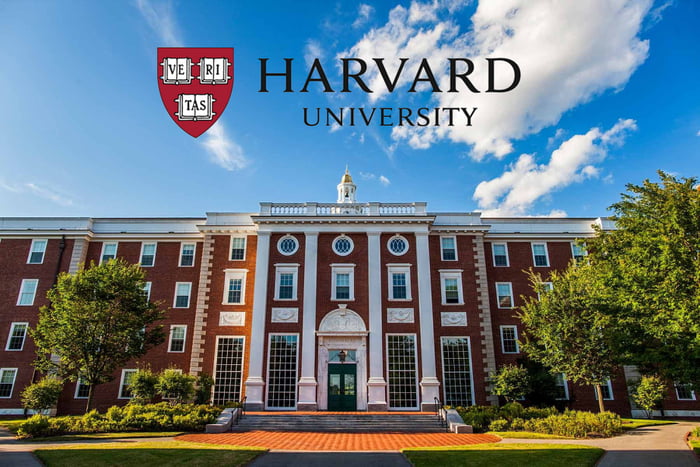
Background on the CARES Act and Its Provisions
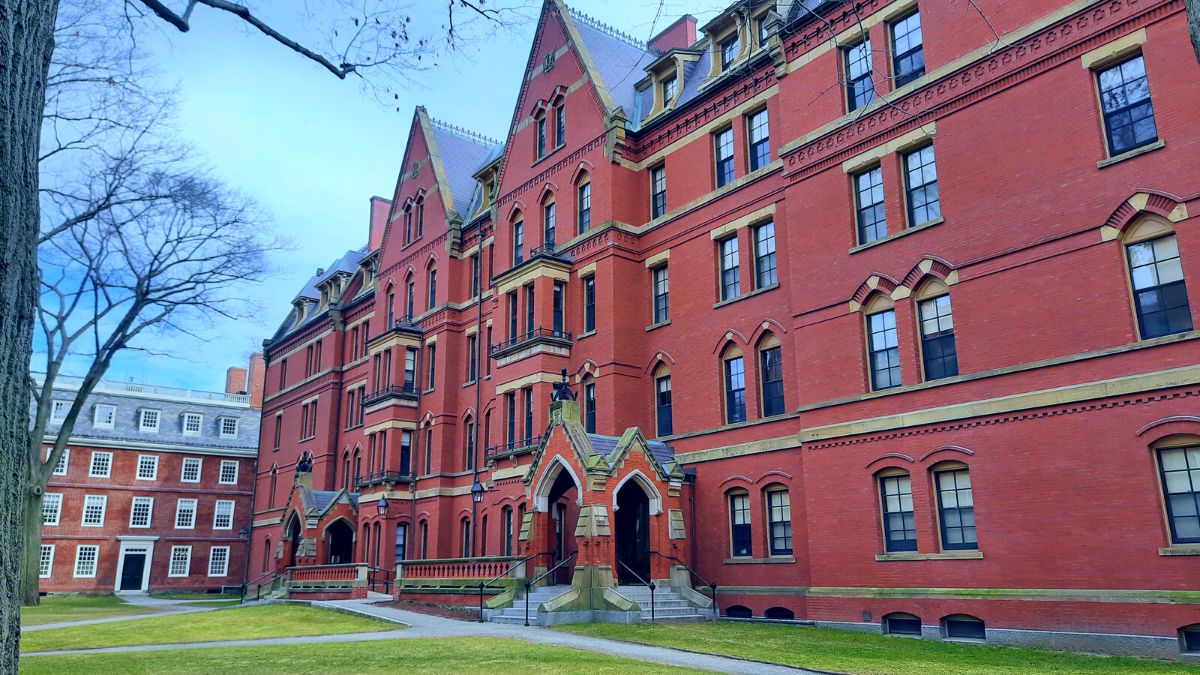


Implications of the Trump Administration's Decision
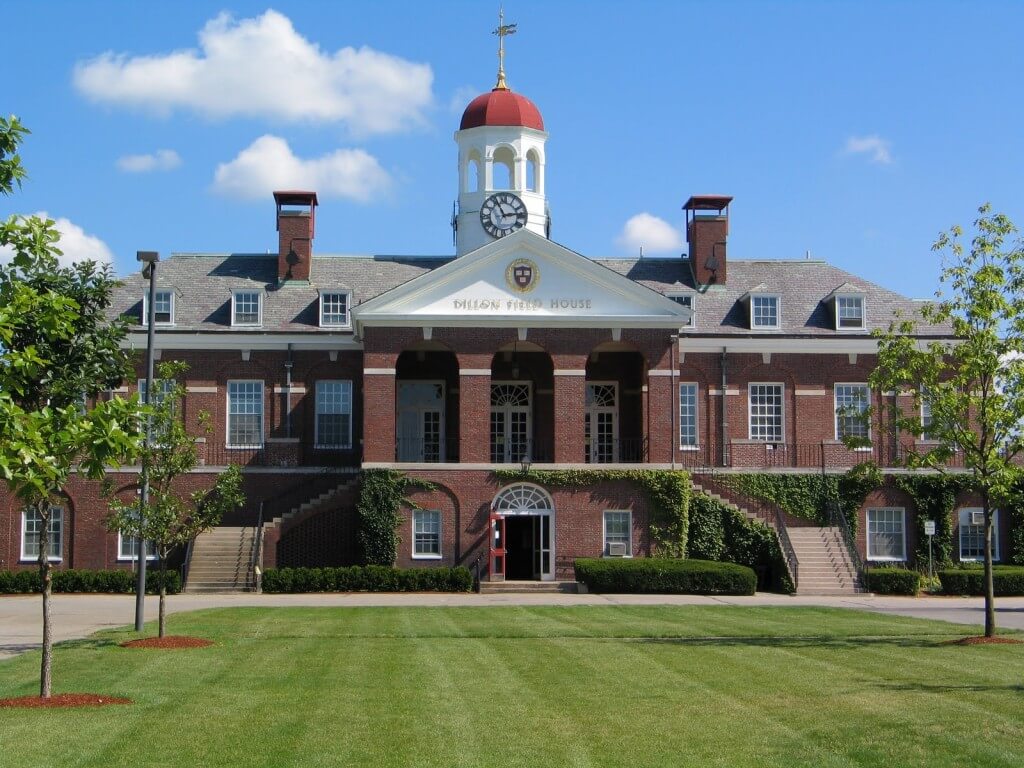
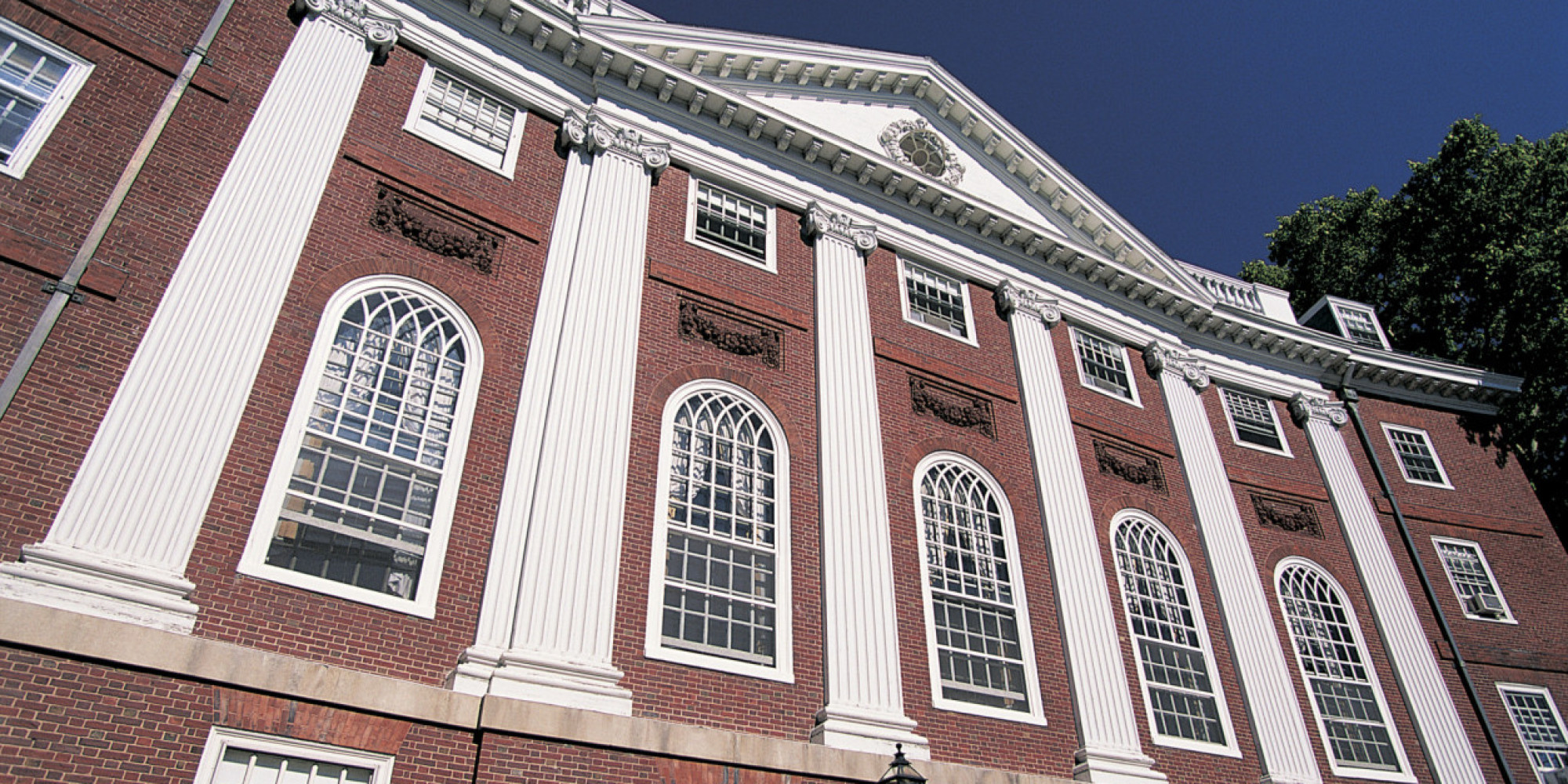
The Trump administration's decision has been met with both praise and criticism. Some have applauded the administration for taking a stand against wealthy universities that do not need relief funds, while others have criticized the move, stating that it will harm students and faculty who rely on the funding. As the situation continues to unfold, it remains to be seen how Harvard University will respond to the funding freeze and what implications this will have for the higher education sector as a whole.
The Trump administration's decision to freeze $2 billion in funding to Harvard University is a significant development in the ongoing debate over the use of relief funds by wealthy universities. As the country continues to navigate the economic challenges posed by the COVID-19 pandemic, it is essential to ensure that relief funds are being used effectively and efficiently. The administration's move to freeze funding to Harvard University sends a strong message that relief funds should be used to support those who truly need them, rather than wealthy institutions that have the means to support themselves.It will be interesting to see how this situation develops and what implications it will have for the higher education sector. One thing is certain, however: the Trump administration's decision to freeze funding to Harvard University is a significant move that will have far-reaching consequences.